Bac Ninh promotes IMO-based lychee farming
BAC NINH - Bac Ninh province is stepping up efforts to expand the use of Indigenous Microorganisms (IMO) in lychee cultivation as local authorities aim to lower production costs, improve soil quality and reduce dependence on chemical fertilisers.
The provincial Department of Science and Technology held a two-day training workshop on November 25-26 in Luc Ngan commune to introduce the IMO solution to more than 100 lychee-growing households from Luc Ngan and neighbouring Phuc Hoa. Representatives from the departments of science, agriculture and environment also attended.
 |
|
A presenter introduces the IMO solution. |
Presenters said the IMO method uses naturally occurring microorganisms found in forest soil, rice straw, cooked rice and other locally sourced materials to enhance soil fertility and speed up organic decomposition. The technique is gaining attention as Vietnam pushes toward cleaner, more circular agricultural production systems.
According to the organisers, IMO can help improve the natural resistance of fruit trees, stabilise yields and gradually cut the volume of synthetic fertilisers used by farmers, an increasingly important goal as input prices rise and export markets tighten quality standards.
 |
|
Participants practise the techniques during the training session. |
Trainers from the Department of Science and Technology provided step-by-step instructions on cultivating Indigenous Microorganisms, preparing fermentation substrates, and applying IMO in soil treatment, composting and lychee orchard management. Participants also carried out hands-on practice sessions during the workshop.
Local authorities said the model will be piloted in several lychee-growing areas in 2025 before wider adoption. Farmers taking part in the training said they hoped the method would help reduce production costs and improve fruit quality ahead of the next harvest season.
 Bắc Ninh
Bắc Ninh

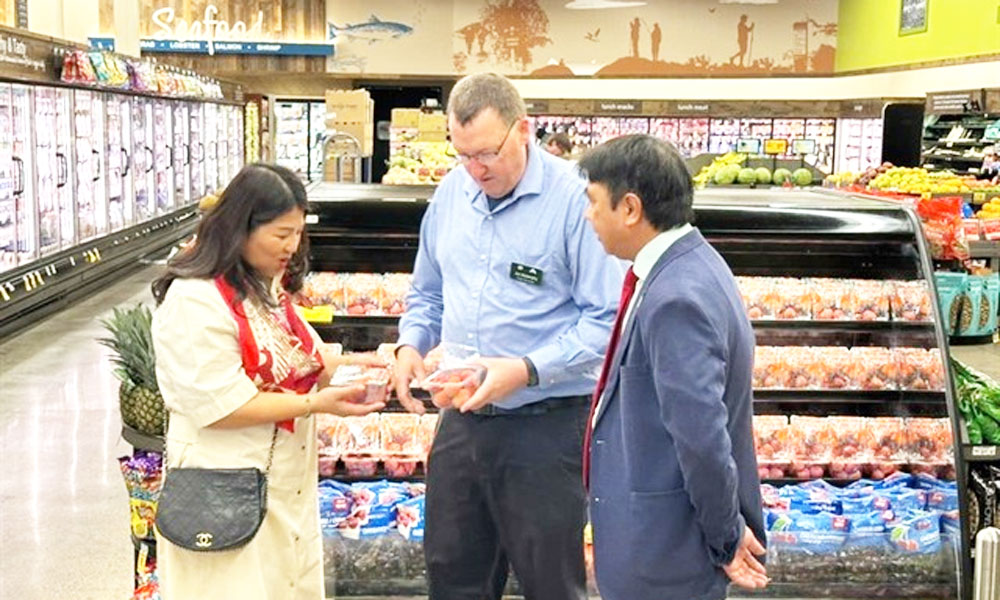
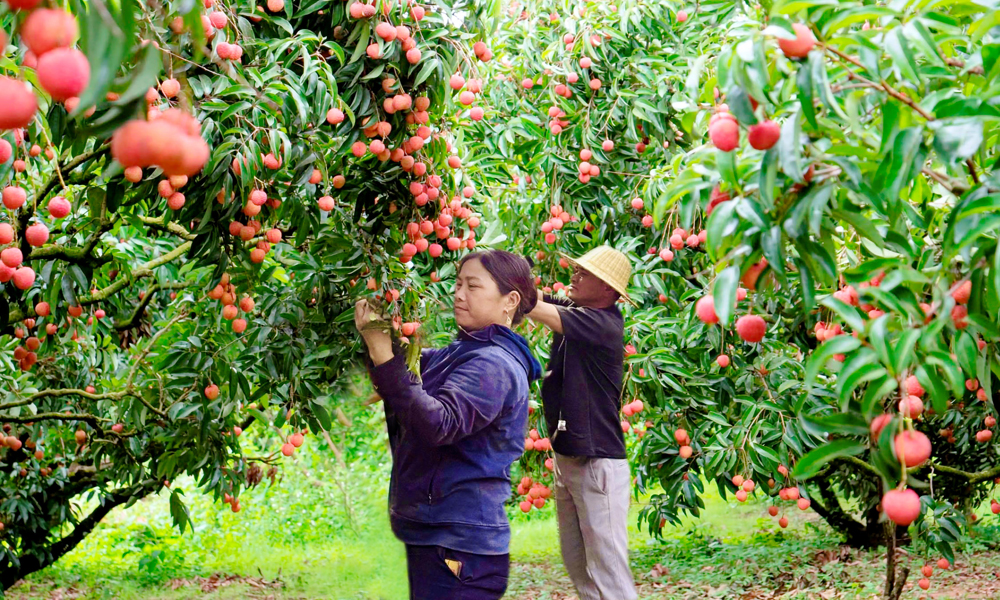

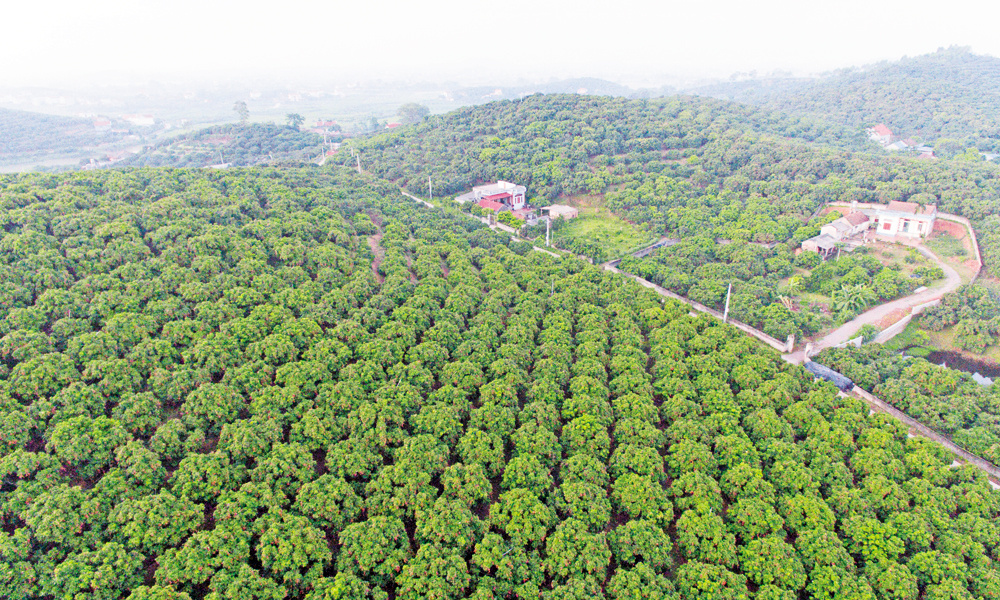



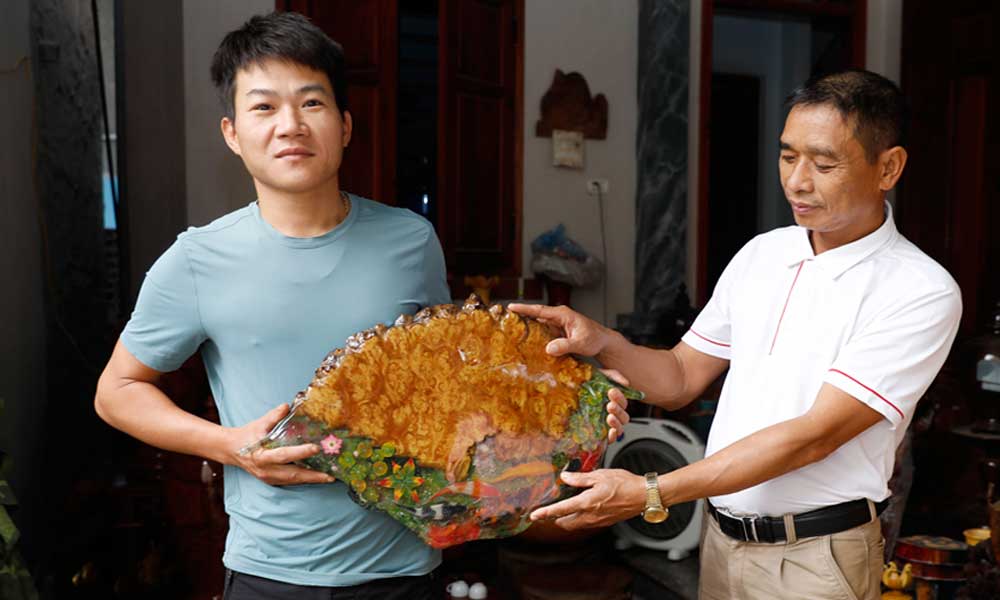


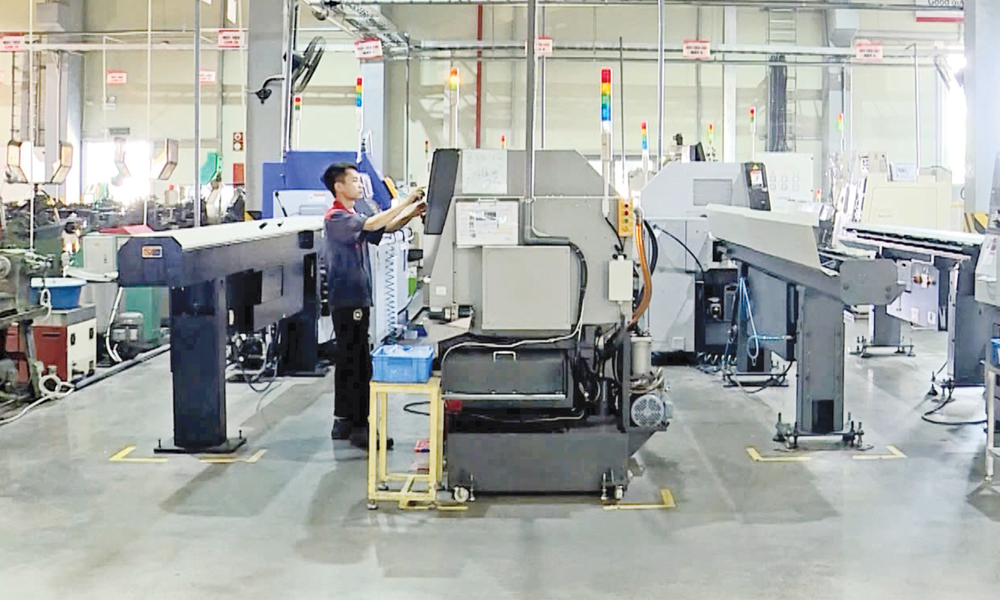


Reader's comments (0)